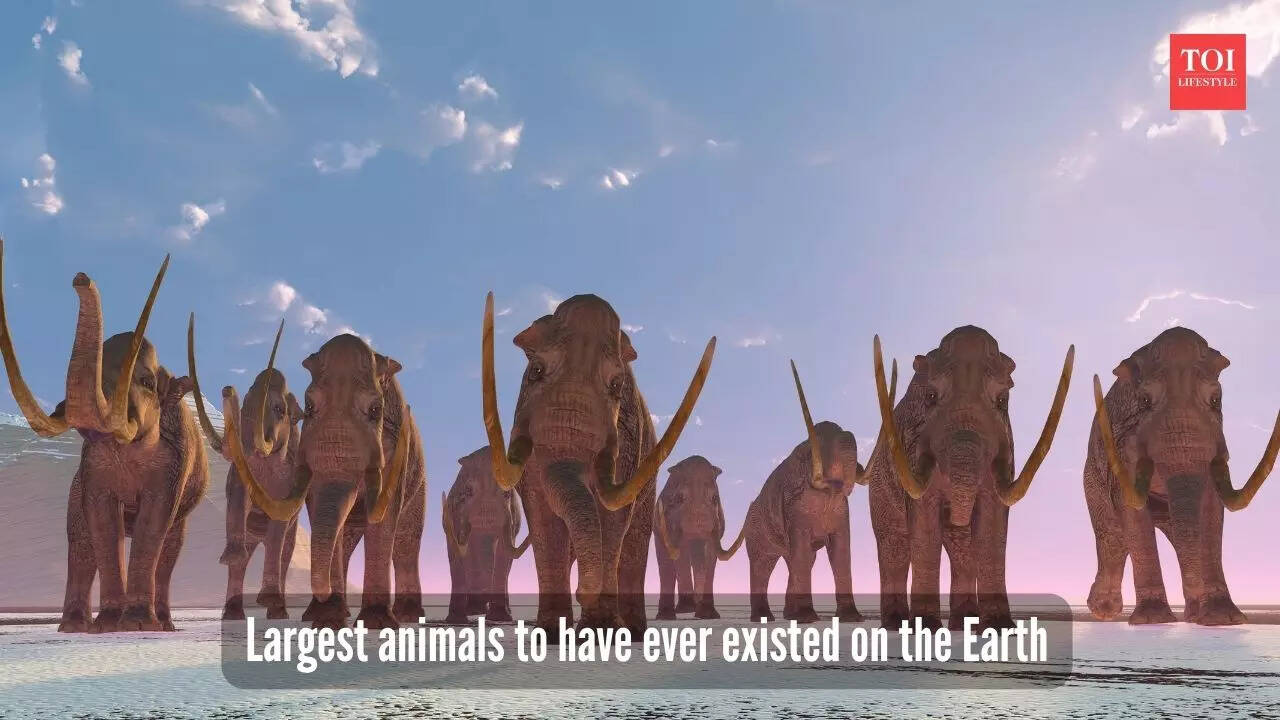The blue whale holds the title of the largest animal ever known to exist, still swimming today in oceans worldwide. Growing up to 30 meters long and weighing as much as 200 tons, it surpasses even the largest dinosaurs in sheer size. Its gigantism evolved as an adaptation to ocean life, where buoyancy supports enormous bodies. Despite their size, blue whales feed almost exclusively on tiny krill, consuming several tons daily. Beyond size, their ecological role is vital, they help fertilize oceans with iron-rich waste and contribute significantly to carbon cycling, supporting marine ecosystems and climate balance
Blue whales communicate using powerful low-frequency sounds that travel vast distances underwater, essential for social bonding and navigation. They migrate thousands of miles between feeding and breeding grounds each year. Despite past hunting threats, conservation efforts have helped their populations slowly recover, reminding us of nature’s resilience and importance.
.Photo: Canva

